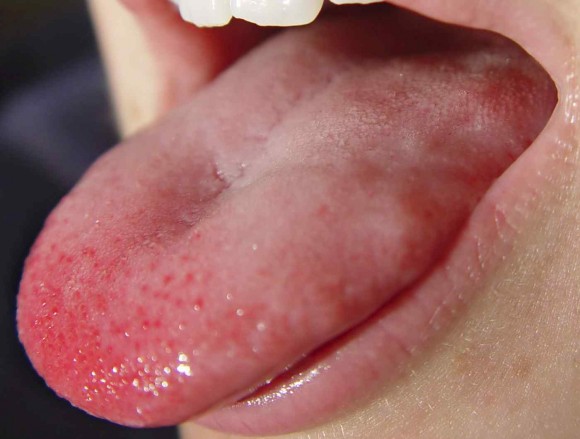Imagine this: You’re sitting down to enjoy a meal, maybe it’s your favorite spicy dish or a hot coffee, and suddenly, there it is—a burning sensation on your tongue. At first, you think it’s the heat or the spice, but soon you realize this sensation lingers long after the meal is over. Maybe it’s not just after food, either—perhaps your tongue feels like it’s burning for no apparent reason at all.
This uncomfortable, sometimes painful, feeling can lead to frustration and confusion. But what’s really behind it?
Symptom Breakdown:
The sensation of burning on the tongue can come from many different causes, and identifying what’s going on isn’t always straightforward. Medically, this condition is often referred to as Burning Mouth Syndrome (BMS), and it can affect not only the tongue but other areas of the mouth like the gums, lips, and roof of the mouth.
Key Symptoms:
- A burning or tingling feeling on the tongue, as if it’s been scalded
- Dryness in the mouth
- Altered taste, often described as a metallic or bitter sensation
- Sensitivity to certain foods, like acidic or spicy dishes
It’s essential to know that while these sensations may feel like they’re coming from something you ate, the true causes are often more complex. Let’s dive deeper into possible explanations.
Diagnostic Path:
When experiencing this persistent burning sensation, the first step is ruling out any clear external causes. A visit to the doctor or dentist can help eliminate some common issues:
- Allergies or Reactions to Food: Sometimes, reactions to foods—especially acidic, spicy, or hot ones—can trigger burning sensations. In some cases, you may even have developed an allergy to certain flavorings or preservatives.
- Dry Mouth (Xerostomia): If your mouth feels parched along with the burning sensation, you could be dealing with xerostomia. This happens when your salivary glands don’t produce enough saliva, causing discomfort and dryness.
- Medications and Supplements: Some drugs or supplements, particularly those used to treat high blood pressure or chemotherapy, can cause dry mouth or change your taste, leading to a burning feeling on your tongue.
- Oral Health Issues: Conditions like oral thrush, gingivitis, or improperly fitted dental appliances can also irritate your tongue and cause burning.
If none of these causes seem to explain your symptoms, it’s time to consider more complex diagnoses like Burning Mouth Syndrome.
Deep Dive: What Is Burning Mouth Syndrome?
Burning Mouth Syndrome is tricky. It’s often a diagnosis of exclusion—meaning your doctor arrives at it after ruling out other possibilities. The exact cause of BMS isn’t fully understood, but experts believe it’s related to issues with the nerves controlling pain and taste in your tongue.
- Neurological Factors: Damage to nerves in the mouth can trigger the brain to send pain signals even when there’s no clear injury or cause.
- Hormonal Imbalances: In women, hormonal shifts, especially around menopause, can increase the likelihood of developing BMS.
- Nutritional Deficiencies: A lack of vital nutrients such as vitamin B12, zinc, and iron can contribute to the sensation of burning in the mouth.
This burning sensation can feel constant or may come and go throughout the day. Often, it starts mild in the morning and becomes more intense as the day progresses, making eating, drinking, or even talking uncomfortable.









